Summer’s defining feature is freedom: freedom to sleep late, freedom to leave books on shelves, freedom to dance and do. But sometimes, this freedom can be stifling and structure seems more liberating than boring summer days. So how do high school students solve this perennial dilemma?Junior Ami Scherson and senior Sam Diamond provide two methods.
Their courses were radically different. Scherson spent the sticky months lost in the melodies and rhythms of jazz through her Young Audiences Artworks internship, so lost in the notes that her feet rarely touched the ground. Diamond’s summer, consisting of a mixture between sports and a job at Famous Footwear, was much more down-to-earth, yet he found a way to make it fly.
***
By 8:55 AM, Ami Scherson had to be out the door. Work started at 9:30 and she was being paid by the hour. Work meant Young Audiences Artworks, a six-week program funded by Young Audiences Northeast Ohio and held at Tri-C metro campus. Here, promising students are paid to learn about the arts, specializing in particular fields, or co-ops, such as dance, video game design and jazz.
In Schereson’s jazz co-op, the mornings were filled with lessons about music history, theory and business skills, as well as time for listening and discussing jazz music. For Scherson, who has been playing piano and cello for most of her life, these classes were interesting.
However, this wasn’t necessarily the case for all her classmates.
“There are people like me that just love music and love playing it and then there are kids who did not care.” said Scherson. While she feel this lack of passion is a small problem in the entire Artworks program, she did not feel it affected her co-op.
What really brought the classes alive were the three dynamic instructors. The one there the most often was George Gecik, a balding, tallish, barrel-chested man. You know he’s a musician from the goldenrod fuzzy socks he pairs with Birkenstock sandals. A music teacher at Cleveland State University, Lakeland Community College and Tri-C, he knows how to make his subject matter resonate with his students.
“If there’s too many white people there, they’ll clap on one and three,” Gecik said about the upcoming final performance, poking fun at the stereotype that white people don’t have rhythm. He himself is white, and the members of the co-op are ethnically diverse. The room erupted in peals of laughter.
“The best compliment I can get [from students is] ‘it’s obvious the instructor’s passionate about this and he loves just doing it.’ If you’re around someone who is really excited about something, it gets you excited,” Gecik said.
It was Gecik and his colleagues that opened up Scherson to the world of jazz. While she is a part of the jazz band at BHS and attended a 6-day workshop at Ohio State University last summer, she still didn’t quite have a grasp on it until this program. “I didn’t really get it. I [felt] so confused, I didn’t even know where to start. And my teacher was like start here, do this, if you need any help, chat me, talk to me, and it gave me like a root to go to which is really rare.”
After her morning classes, she went to lunch where her co-op, a close-knit bunch, ate together. “Music really brought us together. Honest to G-d, I think it’s all luck,” she said. One night, they got free tickets through the camp to see a latin jazz group, and all went to dinner and saw it afterwards. “And I just had a blast being with people who love music as much as I do,”she said.
From lunch to when the workday ends, it’s time to play music. The students participated in a remedial piano class to hone their skills and then practiced three songs for the concert at the end of the internship, one of which they wrote themselves.
This process of coming together to make one sound could be challenging. Often Scherson had to balance her desire for a quality piece with her wish to not offend her friends. Throughout her experience, she has perfected this delicate balancing act. “Say it after class and not during [practice]. Pull them aside, [and say] look I’m sorry, maybe you should work on this section, I can help you. I’ve told [this to] several different people,” she said.
However, this process may have paid off. You can tell the students find it rewarding through their enraptured faces when they play, the glances they exchange with each other after they finish and the infectious sprinkling of joy and release that reverberates through their self-written piece.
And for Ami, this song doesn’t stop when she gets home. She spends much of her free time practicing and attending piano, cello and vocal lessons. She listens to jazz as she works out, and while on Facebook she practices her scatting.
“I love it. I feel like if you’re dedicated to it, its just mesmerizing. I don’t feel it as practicing, I feel it as meditation,” Schereson said.
The phrase “intense music experience” pretty much sums up Schereson’s summer. She swapped time with friends for time with her piano and cello. She had to deal with people who were disengaged, the always grueling creative process, and no time in the sunshine that so defines summer for most. But in the end, Scherson felt the pros outweighed the cons.
“This experience definitely did change my outlook on my future and I’m really glad that I did this program,” she said.
***
When Sam Diamond’s father gave him the no job, no car shpiel, his summer kicked into high gear.
“I applied to over a dozen places and and [Famous Footwear] is the only one who really called back and offered me a job, so that’s where I went,” Diamond said. As a limited time employee hired for the Back-to-School sale, he only racks up 15 hours a week, yet work still occupies a large chunk of his summer activities.
The day started with either baseball or later in the summer, football practice. This was a constant over most of his summers. But when asked to describe what made this summer different from those previous, Diamond answered: “Well, I’m doing something productive.”
So why the change in attitude? One word: Work.
“It makes me more active, definitely, and having some money in my pocket makes me want to hang out with friends, go get dinner or something like that,” Diamond said.
It’s not like his job is a walk in the park. When the store is dead, Diamond has to straighten out boxes, tidy up, unpack shipments and take out the trash. “Doing that for three hours feels like an eternity,” he said.
Headaches also can come when people are in the store. First, you’ve got your thieves. They’re good at what they do, and one time two boxes were stolen without Diamond noticing anything.
Second, there are the kids. While their parents are often the most respectful customers, their traipsing can leave the store in a tizzy. Employees like Diamond are handed the difficult job of keeping them from destroying the merchandise.
“It’s kind of awkward because you’re always afraid the parents are going to turn on you and say, ‘They’re my kids, not yours. You don’t need to parent them,’” Diamond said of this task. “But then the question is, if you’re the parent, why aren’t you parenting them?”
Then there are the worst kind of customers, all eye-rolls and nonchalance. “I’ll have people come in, try on a shoe, take it off, leave it there, move the box somewhere else, or try on 30 pairs of shoes and just leave them all over the store and it just makes me think… What possessed you to do that?” Diamond said.
Despite the downfalls, Diamond still credits his job for helping both now and in the future. “This summer has been a lot more of a learning experience. I’ve sort of learned how a job works. And also working in customer service I’ve learned good etiquette with customers, how to make them buy something. (…) [Now] when I need a job in college or coming out of college,I won’t be going into it blind,” he said.
Diamond also feels that his job made him more personable on a day-to-day basis. “Working with people all the time, you sort of learn how people want you to talk to them and how people react when you talk to them. The more you talk to people, the more you (…) practice with it,” he said.
While his car was Diamond’s biggest motivation for getting a job, ultimately it was an experience without regrets. “I think it’s always good to get a summer job for every kid who goes to high school. (…) There’s nothing negative that can come out of it.”
As Scherson was biting her tongue at apathetic classmates, Diamond was sighing at apathetic customers. As Diamond garnered the unexpected skill of talking with people and getting them to buy a product. Scherson acquired the newfound ability to live and breath jazz. And as the days of summer ticked on, both found a way to occupy the long, hot days before they faded into twilight.



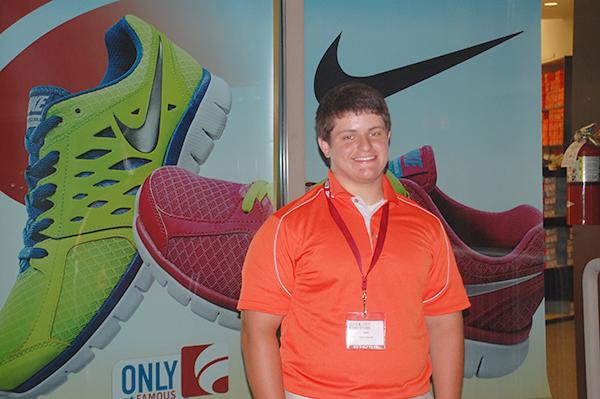
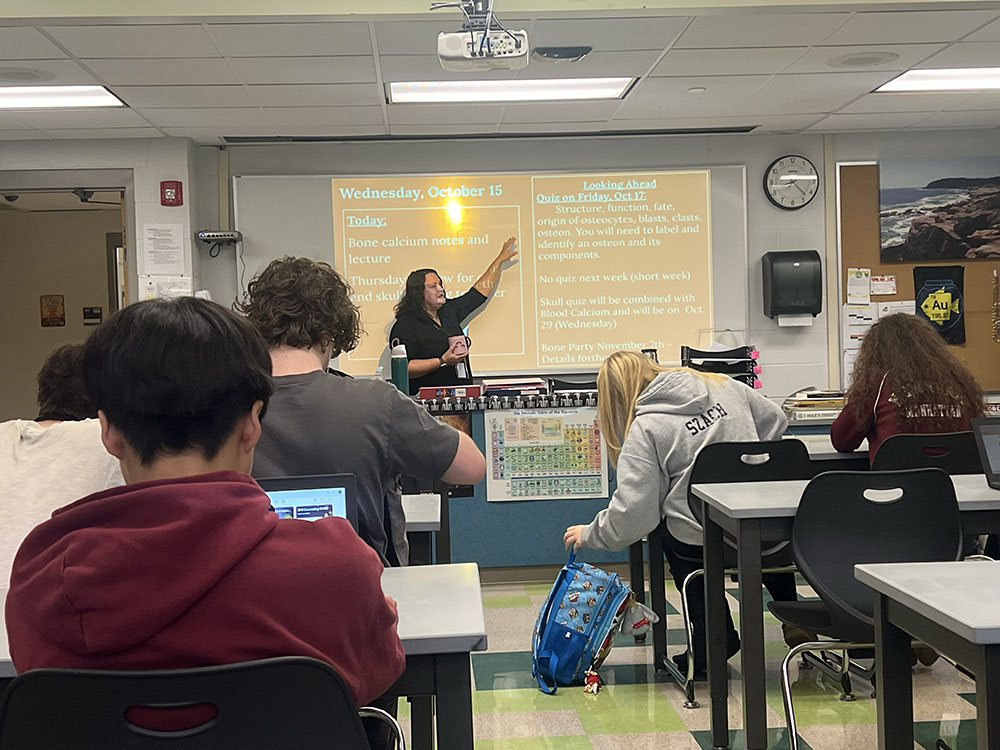
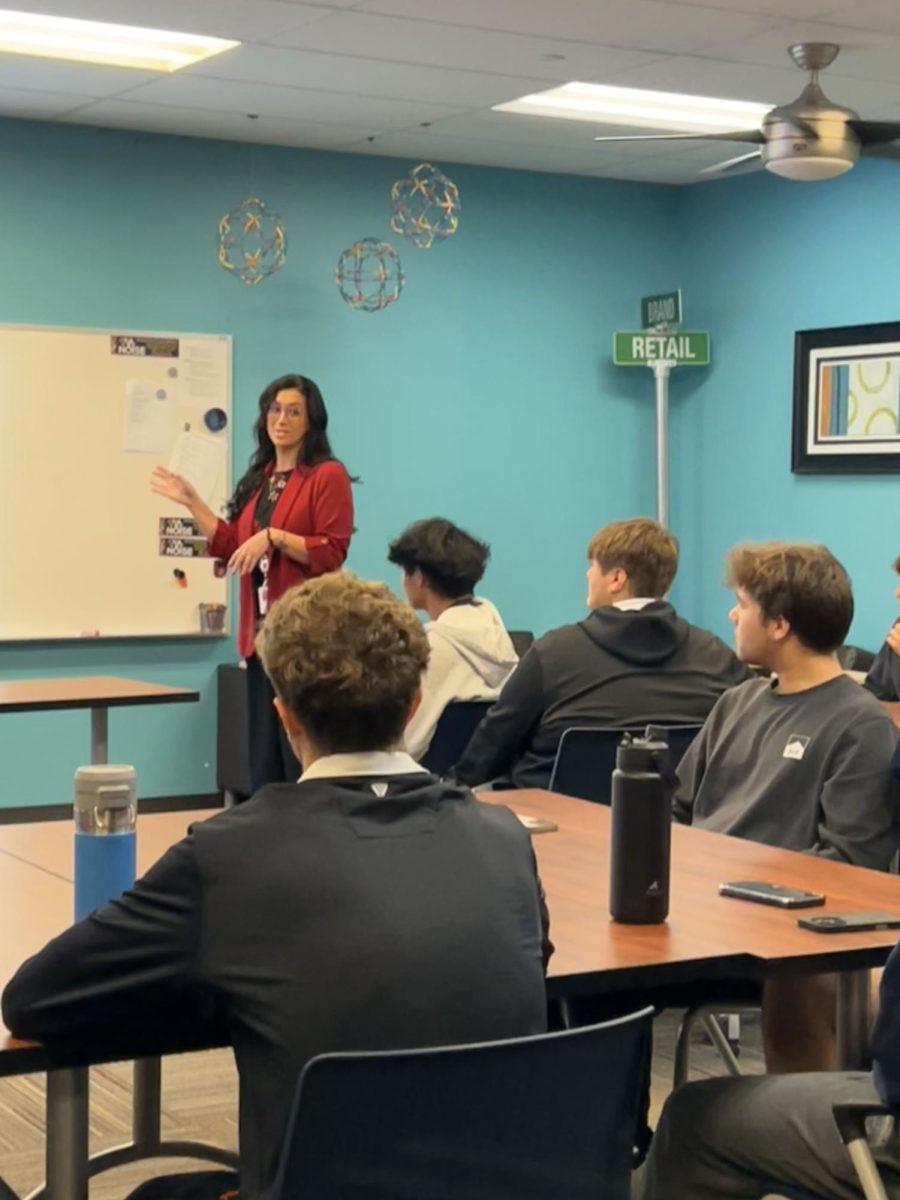


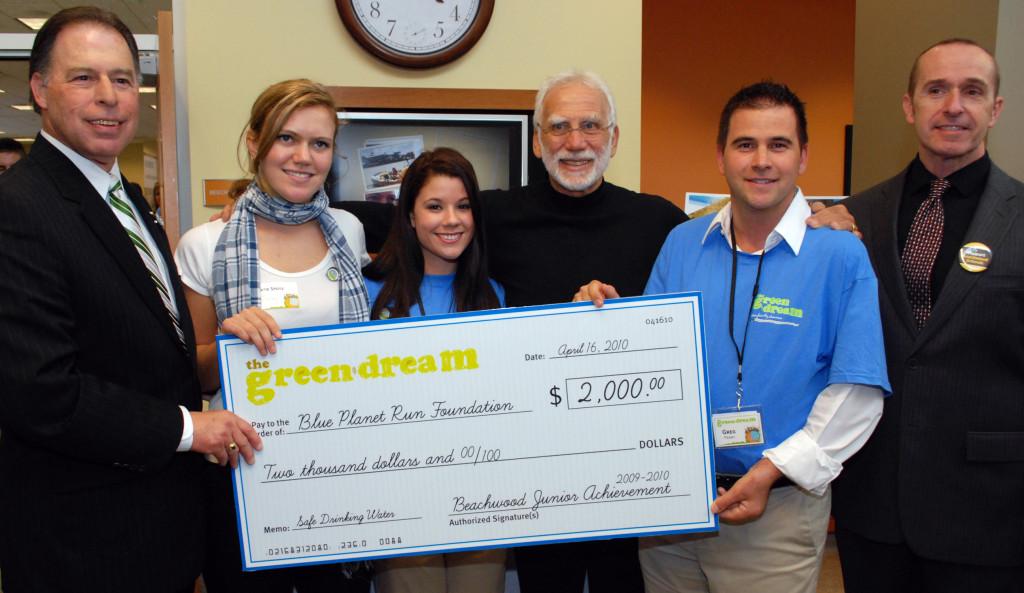
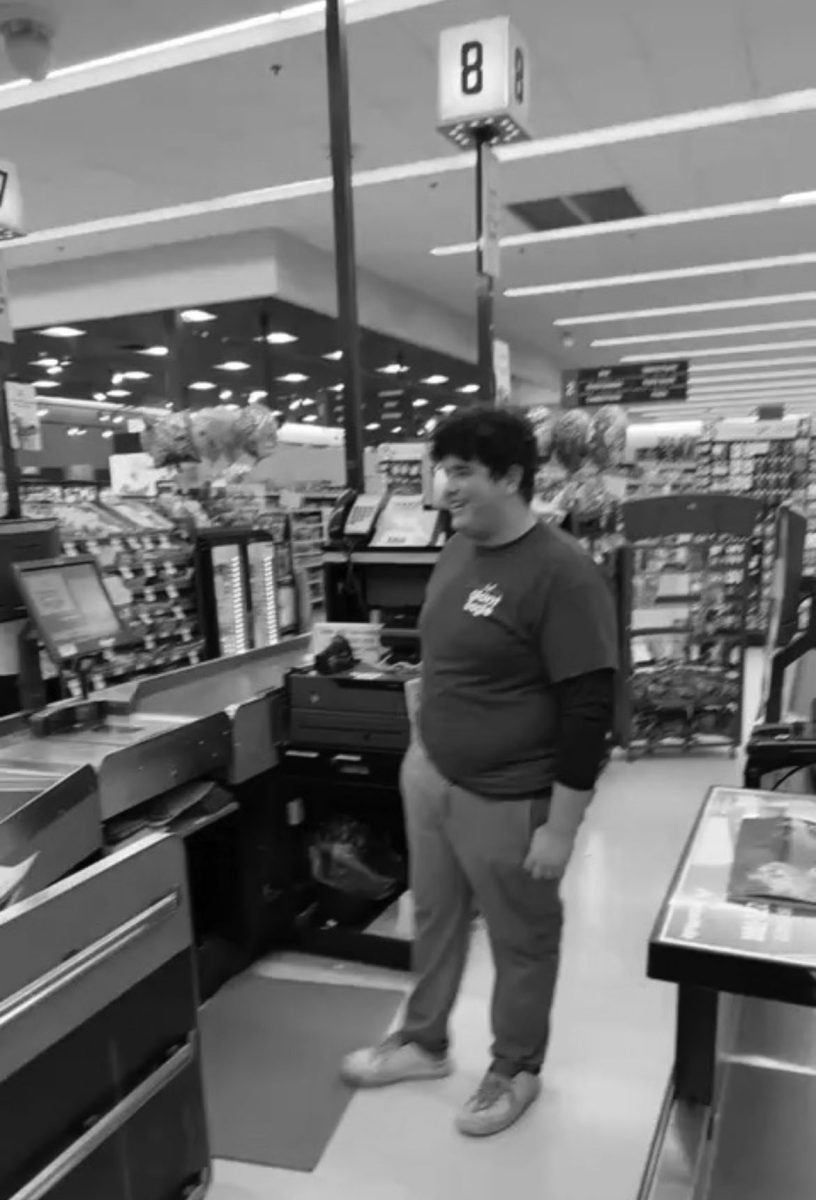

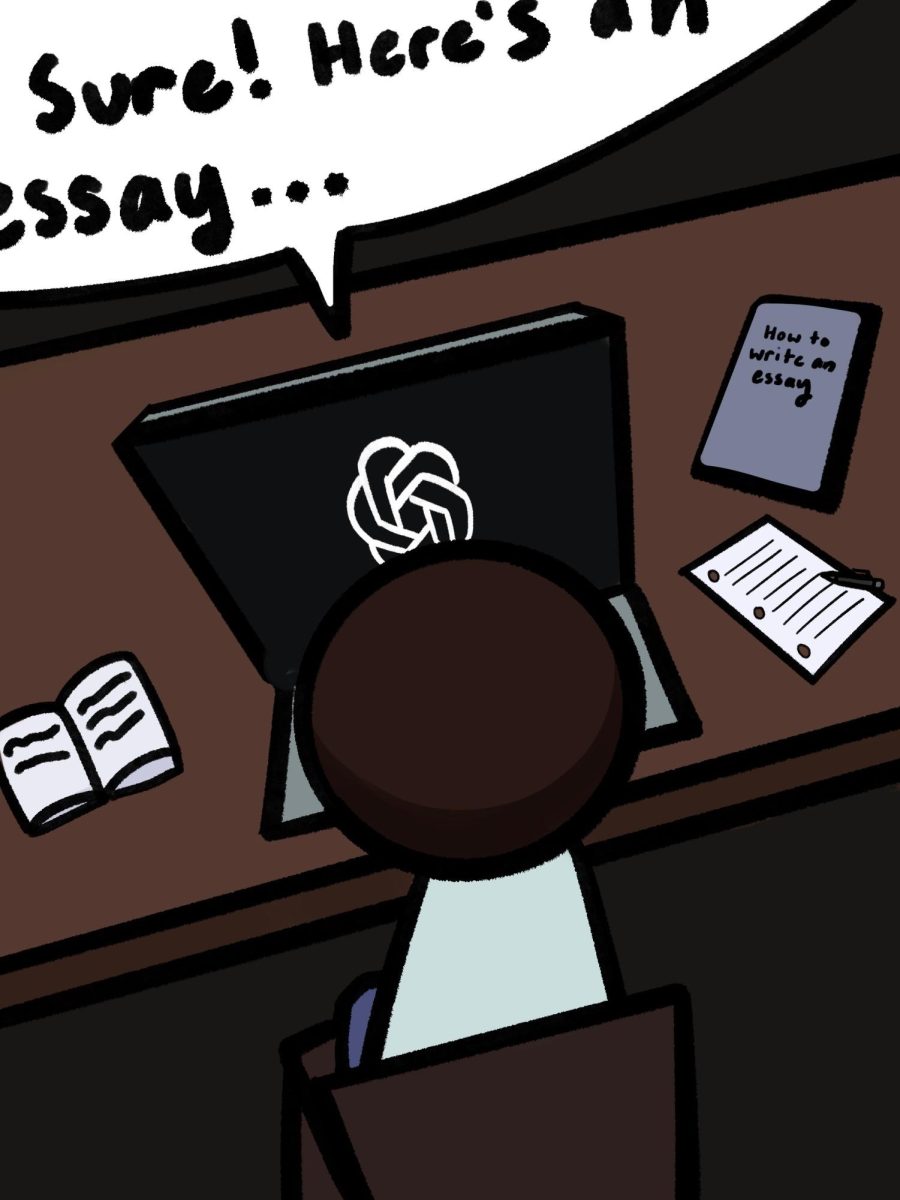
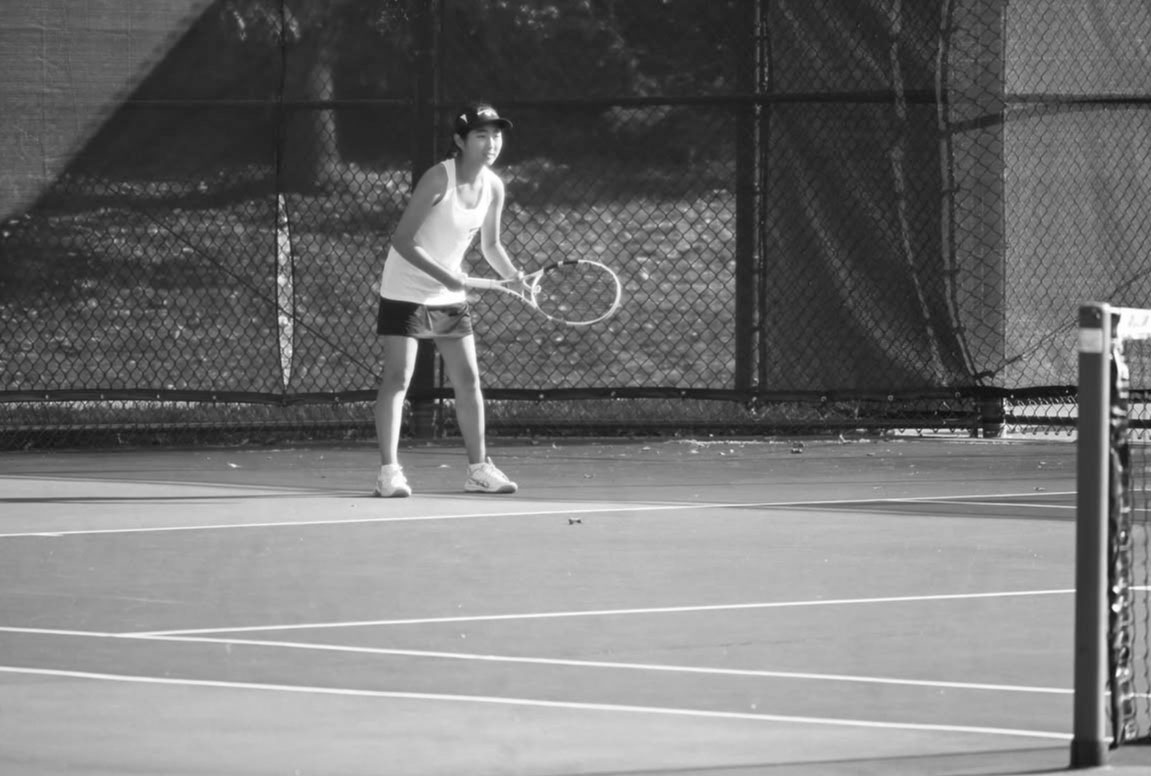

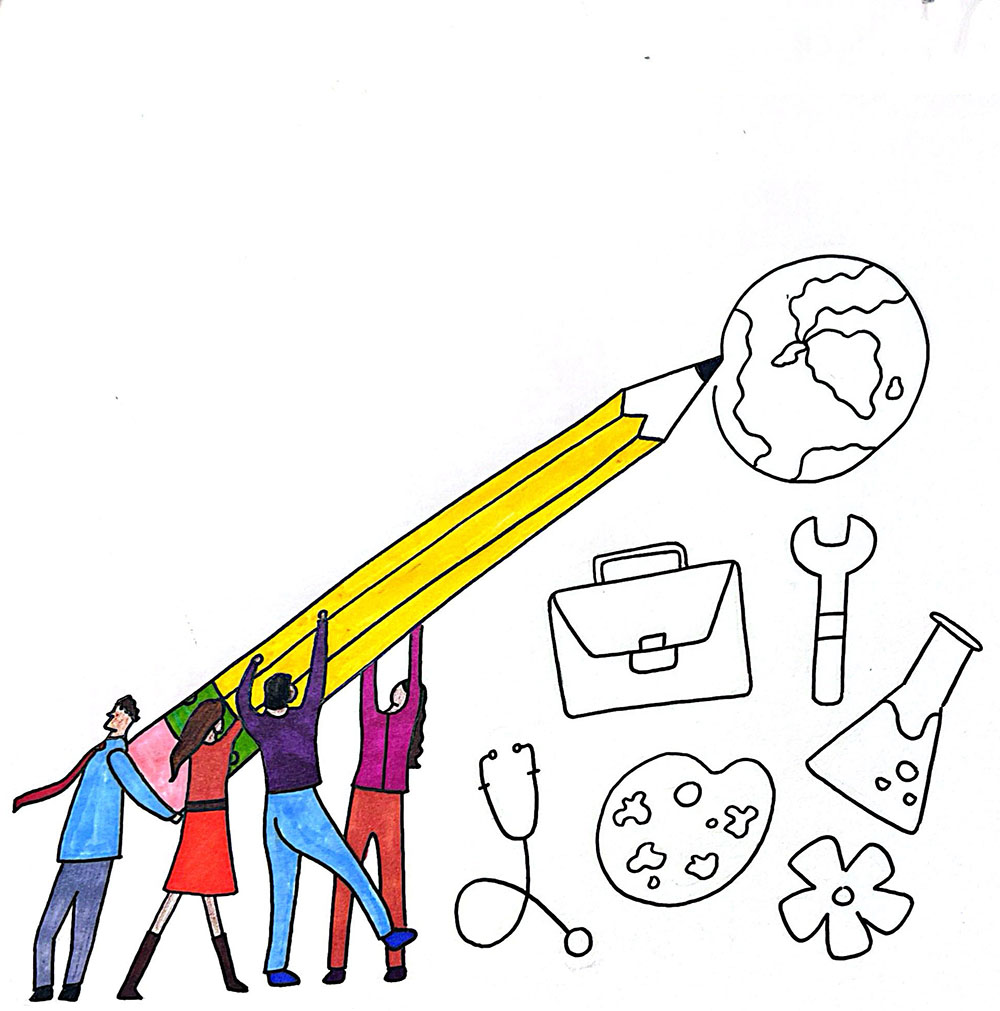
![“My parents have always said that education is important. My parents are Chinese immigrants, I'm Chinese American, [and that's a] value that has always been ingrained in our community,” said Senior Lyndia Zheng, pictured with Tony Zheng](https://bcomber.org/wp-content/uploads/2025/10/DSC_4244.jpg)